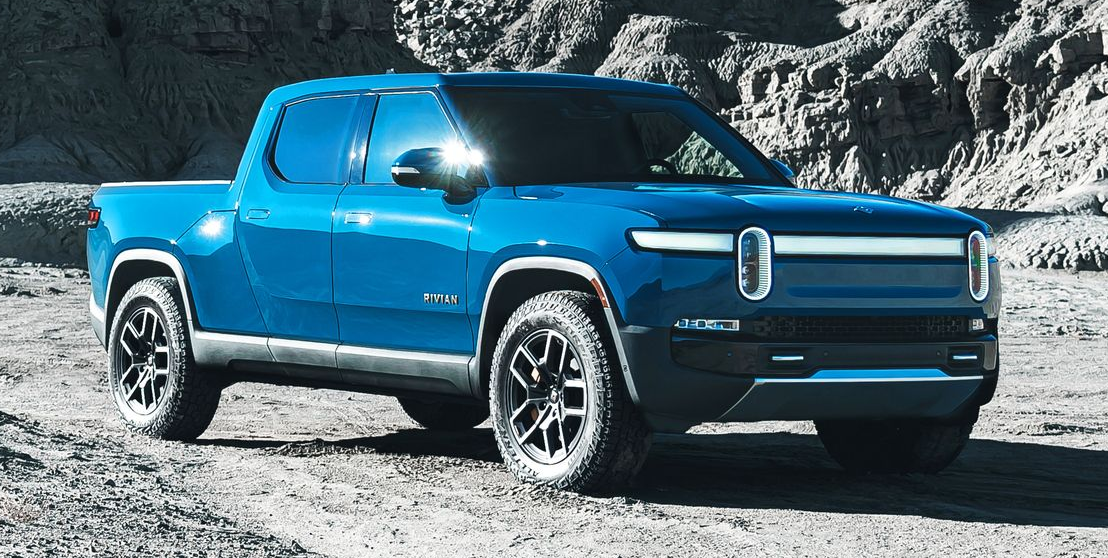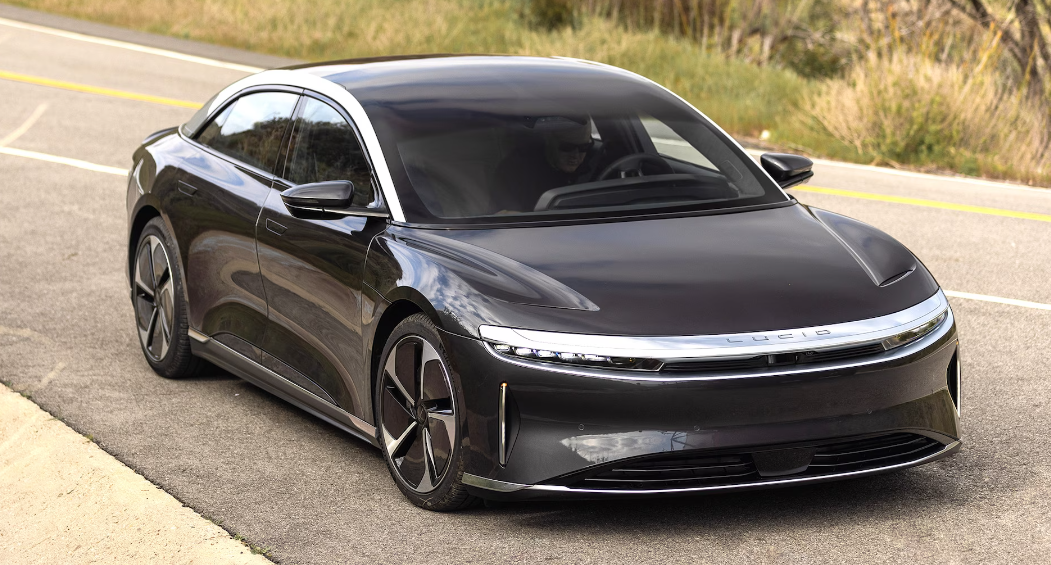
The electric vehicle (EV) market is experiencing a period of rapid growth, fueled by environmental concerns, government incentives, and technological advancements. However, despite this forward momentum, the industry still faces several significant challenges that need to be addressed to ensure continued progress.
1. Cost of Entry: The high upfront cost of electric vehicle remains a major barrier to wider adoption. Battery technology, a crucial component impacting range and performance, is still expensive due to the materials involved and complex manufacturing processes. This puts electric vehicles at a disadvantage compared to their gasoline-powered counterparts, particularly in budget-conscious segments.
2. Charging Infrastructure: Range anxiety, the fear of running out of power before reaching a charging station, continues to be a concern for many potential electric vehicle buyers. The current lack of a ubiquitous and reliable charging infrastructure, especially in rural and remote areas, can deter consumers from making the switch.
3. Supply Chain Constraints: The global supply chain has experienced significant disruptions in recent years, impacting the availability of critical raw materials and components needed for electric vehicle production. This has led to production delays and price increases, further hindering market growth.
4. Sustainability Concerns: While electric vehicles offer a cleaner alternative to traditional gasoline vehicles, the environmental impact of battery production and disposal cannot be ignored. Additionally, the reliance on the electric grid, which may still utilize fossil fuels in some regions, raises questions about the true sustainability of electric vehicles.
5. Workforce Training and Expertise: The transition to electric vehicles necessitates a skilled workforce equipped to maintain and repair these complex vehicles. Currently, there’s a shortage of technicians trained to handle EVs, potentially leading to longer wait times and higher service costs for owners.

Electric Vehicle Company – Rivian and Lucid: Struggles in the Evolving EV Landscape
While the electric vehicle (EV) market is experiencing growth, recent news highlights the challenges faced by some newcomers, particularly Rivian and Lucid. These companies, once hailed as promising players, are currently navigating a rough patch, raising concerns about their immediate future and broader implications for the industry.
Missed Deliveries and Production Shortfalls: Both electric vehicle company Rivian and Lucid have fallen short of their initial production and delivery targets. Rivian, backed by Amazon, revised its 2024 production forecast downwards to 57,000 vehicles, a significant decrease from analyst expectations. Similarly, Lucid has struggled to meet its delivery goals for the Air sedan, further dampening investor confidence.
Financial Pressures and Declining Share Prices: These production issues have had a direct impact on their financial standing. Rivian has laid off employees and implemented temporary production shutdowns to improve efficiency and cut costs. Similarly, Lucid’s stock price has plummeted significantly, reflecting investor concerns about the company’s ability to achieve profitability.
Intense Competition: The electric vehicle market is becoming increasingly crowded, with established automakers like Ford and General Motors investing heavily in electrification. This intensifies competition for market share and consumer dollars, putting pressure on Rivian and Lucid, which lack the brand recognition and production capacity of their established competitors.
Looking Forward for Electric Vehicles:
Despite these challenges, the future of the EV market remains promising. Technological advancements are continuously driving down battery costs and improving range, while governments and private companies are investing heavily in expanding charging infrastructure. Additionally, research into alternative battery materials and recycling processes is ongoing, aiming to address sustainability concerns.
The key to overcoming these challenges lies in a collaborative effort. Governments can play a crucial role by providing incentives for EV adoption and infrastructure development. Manufacturers need to focus on cost reduction, innovation, and building a diverse range of electric vehicle catering to different needs and budgets. Finally, investments in workforce training and education are essential to ensure a smooth transition and support the growing EV market.
By addressing these challenges head-on and fostering collaboration between various stakeholders, the EV market can navigate the road ahead and deliver on its promise of a cleaner and more sustainable future.
